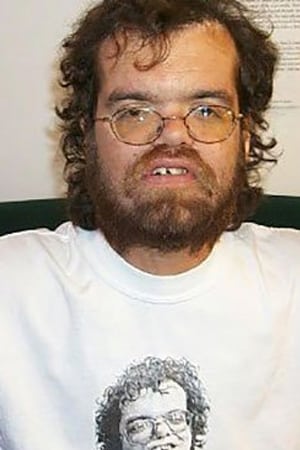The folks who say stuff like "transwomen are women" are systematically unable to explain what they mean by the word "women".
No, we simply understand that some concepts, like "woman" and "furry" are fundamentally arbitrary, and that even while some people have tendencies that naturally lead them to adoption of such cultural systems, it is incorrect to gate participation on comorbidities to those who have such tendencies.
As we have discussed widely, you are also systematically unable to define "woman".
Well, in the first place, that's not "No,", that's "Yes,". When you wrote the word "also", that was you stipulating that the folks who say stuff like "transwomen are women" are systematically unable to explain what they mean by the word "women". So quit making believe you've pointed out an error in my post.
In the second place, the fact that some concepts like "woman" and "furry" are fundamentally arbitrary in no way implies that they mean whatever bloody thing activists pull out of their asses and claim they mean. Languages are allowed to have arbitrary labels for arbitrary concepts with arbitrary definitions; that doesn't make the incoherence of trans ideology's circular definitions vanish in a puff of illogic.
In the third place, when you say "it is incorrect to gate participation on comorbidities to those who have such tendencies" you appear to be making a moral judgment based on some is-to-ought inference, rather than a scientific claim about either human sexuality or linguistics. So if you intend to use that claim as a basis for further inferences you're going to need to show your work if you want your argument to amount to anything more than proof by blatant assertion.
And in the fourth place, you appear to be using "As we have discussed widely" to refer to you having made a claim about what I can or can't do, a claim that was derived from your own armchair philosophy's assertions about what sorts of concepts can and can't theoretically be communicated by ostensive definitions -- claims that appear to be wildly in conflict with empirical observation of language acquisition. Which is to say, yes, I can define "woman".
There are differences between people which exist naturally, surely, but none of these are exacly "woman". ... there is the hormone Testosterone <blah blah blah>
I have no doubt of your unlimited capacity to tell me ways not to define "woman", but they all have far more to do with your fantasy caricatures of your ideology's outgroup than they have to do with me.
Meaning is determined by use. "Woman" means whatever the great mass of fluent English speakers use it to mean. What they mean by it is "Something like one of those", where they have in mind a bunch of people they've observed. A lower bound on the category is established by the people in the set of examples they worked from. Upper bounds on the category are established by the lower bounds on other categories in English that "woman" contrasts with semantically, such as "child" and "nonhuman" and "man". The specific criteria for "woman" are rediscovered by each language learner as a subconscious scientific process of forming hypotheses, testing what they predict about the usage of the other English speakers whom the language learner is acquiring English from, and discarding hypotheses that fail the test.
A "woman" is an adult human who satisfies criteria that typical fluent English speakers have learned by the above process to use as criteria to perceive people as belonging to the same arbitrary grammatical class of people, places and things that typical fluent English speakers would perceive Christina Brodersonia* as belonging to.
(* Christina Brodersonia is what in biology is called a "type specimen". It rarely makes much difference which organism is chosen as a type specimen. I could equally well have chosen "The person who gave birth to Jarhyn".)


 Now being gay or trans is a choice, is it?
Now being gay or trans is a choice, is it?


